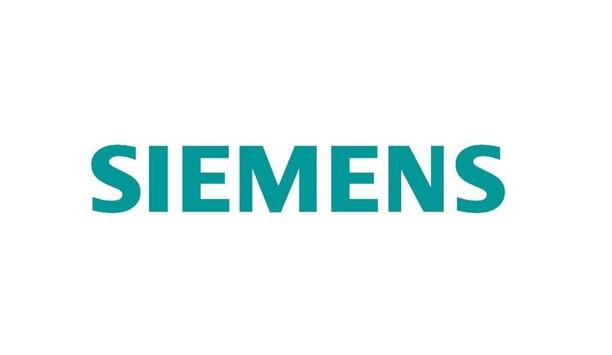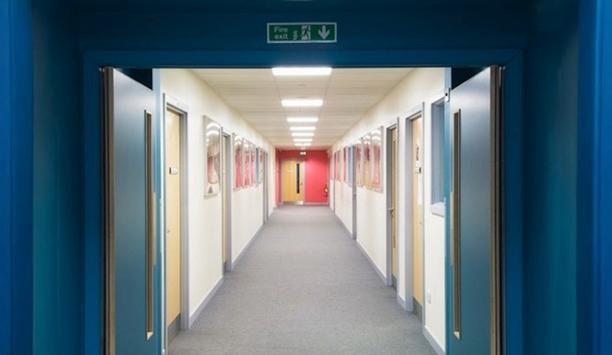 |
| Earth Day will bring issues like energy saving, greenhouse emissions and recycling on the global front |
April 22 marks the 40th anniversary of the Earth Day, and first responders can do their part to promote a healthy, sustainable environment by taking simple steps to "go green" in your department.
The following Earth-friendly changes are easy to implement and can go a long way towards protecting our planet. In addition, many environmentally beneficial steps can also save your department money in the long-run by lowering energy costs and creating less waste.
- Switch to compact fluorescent light bulbs: This simple change significantly reduces greenhouse gas emissions while also slashing energy costs. Fluorescent bulbs use up to 75 percent less energy than incandescent light bulbs and last up to ten times longer. According to Energy Star, an Environmental Protection Agency and Department of Energy program, if every home in America replaced just one incandescent light bulb with its fluorescent counterpart it would save enough energy to light more than three million homes and save greenhouse emissions equal to 800,000 cars. Fluorescent bulbs are inexpensive and provide a quick return on investment.
- Turn off the lights: Turning off lights when a room isn't being used can make an impact on your energy consumption. If you are using incandescent light bulbs, turn them off whenever they are not needed. Turning off the lights in the summer has the added benefit of keeping rooms cooler, increasing the value of energy saved. With fluorescent lights, the general rule of thumb is to turn off the lights if you are leaving the room for longer than 15 minutes. If your department has the funds, installing light sensors will automatically regulate energy consumption.
-
Recycle: You have probably heard the saying "Reduce, Reuse, and Recycle." Recycling materials and waste is one of the easiest ways to reduce your environmental impact. It is estimated that on average, each one of us produces 4.4 pounds of solid waste everyday, which adds up to almost a ton of trash per person each year. A simple change in disposal habits can significantly reduce this impact. Aluminum, paper, glass, plastic, and cardboard are materials that are readily recycled in most municipalities. Check with your local government to determine what materials are collected for recycling and to receive the proper disposal bins.Earth friendly changes are easy to implement and can go a long way towards protecting our planet
- Go paperless: Most workplaces have an abundance of paper waste, but thanks to improvements in technology paper is becoming less necessary for conducting business. Convert as many of your records as possible into electronic format and cut down on waste by using email rather than the fax machine or standard mail. Also be sure to recycle any paper you are ready to discard. Switching to electronic communications and recordkeeping also decreases the amount of paper, printer cartridges and toner, and other related supplies your department needs to purchase.
- Insulate drafty windows or doors: Cracks and poor insulation can dramatically impact heating and cooling costs. Insulating plastic sheets can be secured over the interior side of windows and weather-stripping can be placed around doors. Additionally, installing a programmable energy efficient thermostat can help regulate the interior temperature and cut down on energy costs. If your department has the financial means to do so, installing energy efficient windows and doors will also make a big difference in both the winter and summer months.











